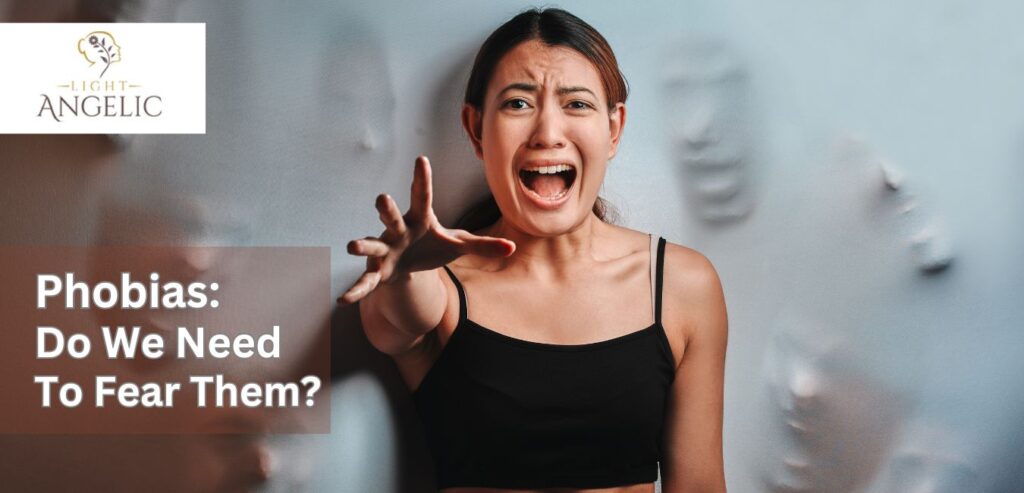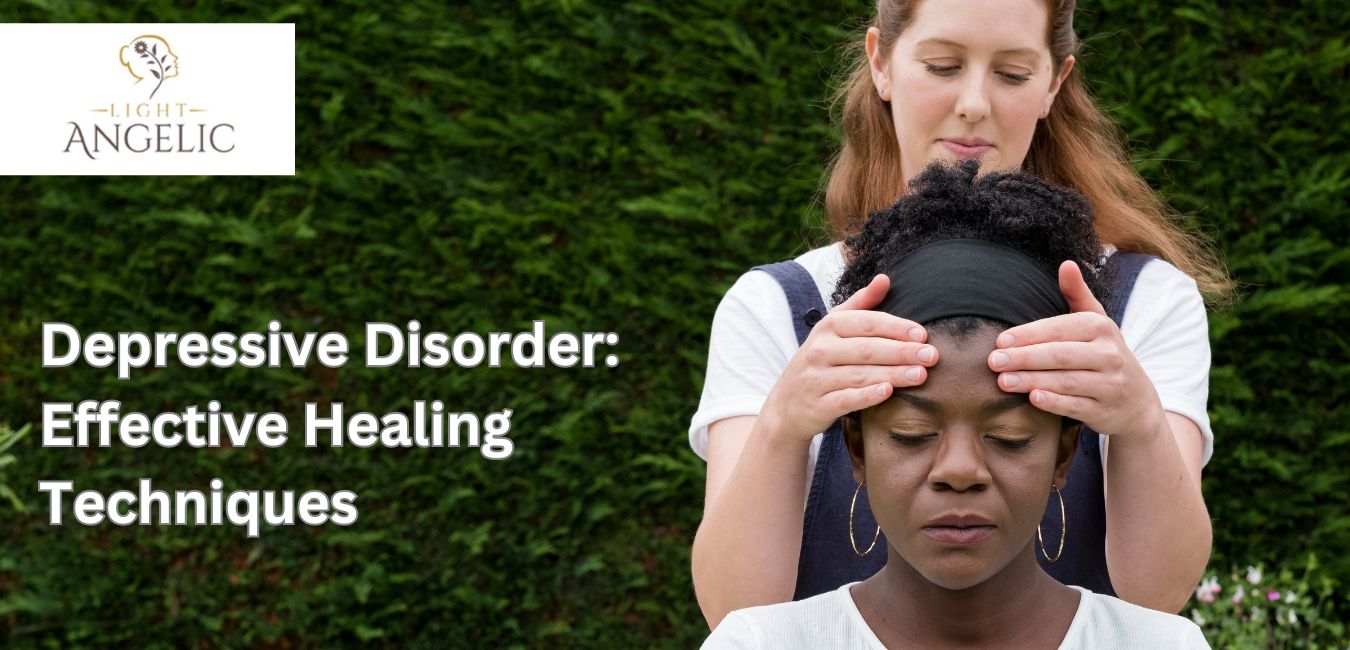The intricate workings of the human mind have long been a subject of fascination. However, identifying mental health symptoms in young people can be challenging. It’s not uncommon for past traumatic experiences to leave a lasting imprint on their psyche, leading to panic attacks and Post Traumatic Stress Disorder (PTSD). But with the proper support and understanding, it’s possible to help them overcome these challenges and lead fulfilling lives.
Phobias is a condition that usually originates in an individual’s subconscious. When triggered, it can induce the secretion of stress hormones while activating the sympathetic nervous system. If left uncontrolled, it can worsen over time. Before attempting to heal it, it is essential to clearly understand the condition so that you can address it at its root.
What Is Phobia?
An intense and crippling fear of a thing, location, circumstance, emotion, or animal is called a phobia. Compared to fears, phobias are more noticeable.An individual may experience extreme fear of being and feeling uncomfortable with certain things or situations which are carried out by others which are restored in the brain and recalled in dangerous events, it can be from past experiences specifically in your childhood or can be perceived from past life traumatized events. They arise when someone perceives an item or circumstance as excessively or unrealistically dangerous. When a phobia is terrible, a person could plan their entire life around avoiding the source of their worry. It can be very distressing; in addition to limiting their daily lives.
What Are Different Types of Phobias?
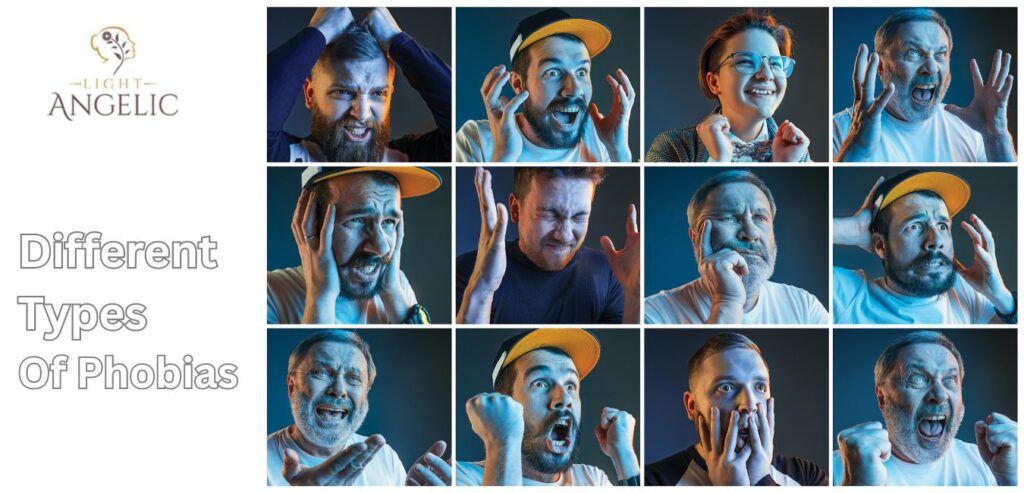
Anxiety can arise from any circumstance or thing. Multiple phobias may affect certain people. They can be classified into two categories:
- Specific phobias
- Complex phobias
Specific and complex phobias are further subdivided, and these are:
Specific phobias
- Animal phobias
- Phobias of the natural environment
- Situational phobias
- Sexual phobias
- Body phobias
- Other phobias
Complex phobias
- Social Phobia
- Agoraphobia
Most Common Phobias
- Claustrophobic: fear of being in constricted area
- Aero phobia: fear of flying
- Arachnophobia: fear of Spiders
- Driving phobia: fear of driving
- Zoo phobia: fear of animals
- Aqua phobia: fear of water
- Acrophobia: fear of heights
- Blood phobia: fear of injuries/injection/operations
- Escalaphobia: fear of escalators
- Tunnel phobia: fear of tunnels
We can develop a phobia of almost anything, as fast moving life and structured living lifestyles,list of fears is growing. What beliefs are we talking about and living with them we never know unless it’s been not healed from roots. Being healer and therapist I have come across many people who have phobias addressing as mentioned above. Few experiences with my clients like one was having fear of heights but during regression sessions it was belief of fear of depth, so we never know what mind has recorded and perceived the patterns. Another good example of fear water where we found that fear of death was so evident because from childhood she kept having dreams of drowning and it was from past life experience where she was killed near the ocean and it took her belief of if i stay with water i might die. Amazing things happen during regression therapy and it always amazes both of us (client and me as well) when we find beliefs are so different than what we thought. It’s very important to understand the beliefs and let go those negative thoughts and emotions to overcome from anxiety and fears, phobias to live the life as we want and can make surroundings more comfortable and safe.
It is always better to seek help from the best Therapy for PTSD as soon as possible to prevent the situation from getting out of hand. Don’t hesitate to take action to ensure your well-being.
What Are The Symptoms of Phobias?
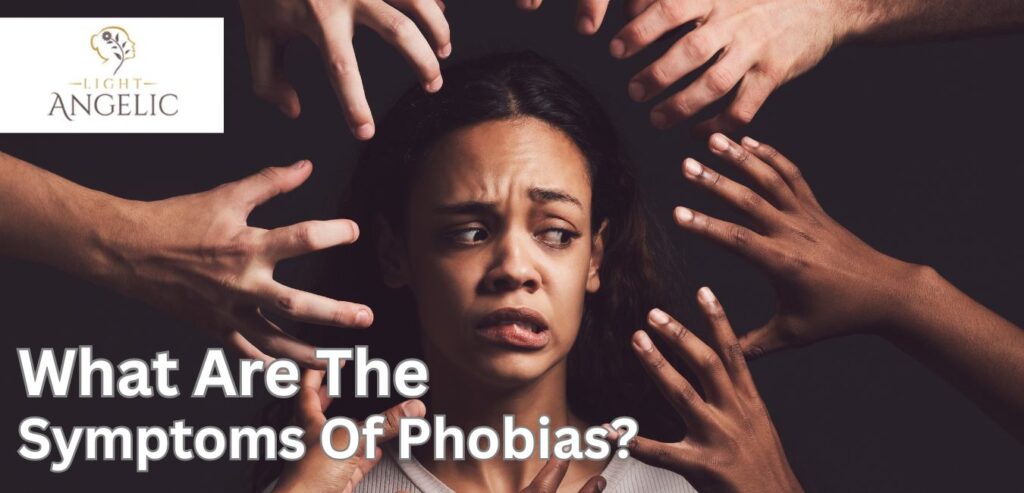
About 2-6% of people worldwide experience specific phobias, while 3-9% of children meet the criteria for a specific phobia (Source: https://my.clevelandclinic.org/health/diseases/24757-phobias#:~:text=Overall%3A%20Only%20about%208%25%20to,%2C%20about%2016%25%20have%20it). Now let’s have a look into the symptoms of phobias:
- Feeling dizzy, faint, or light-headed
- Sometimes feeling choking
- Chest pain
- Sweating
- Hot or cold flushes
- Feeling shortness of breath
- Nausea, vomiting, or even diarrhea
- Shaking
- Fear of dying
- Lose control
- Stress
- Anxiety
- Depression
If you observe any of the symptoms, then you better visit the best phobia treatment near your location if you want to have control over it.
What Are The Causes Of Phobias?
When your brain magnifies fear and worry to an extreme, you get phobias. These feelings can be beneficial and protective in everyday situations. They are your brain’s method of alerting you to the possibility that something is amiss and that you may be in danger. There are various reasons that phobias may occur, and these are:
- Past incidents/ Past life experiences
- Learned responses from an early age
- Genetics
- Experiences long-term stress
Some people stay away from the thing or circumstance that makes their Phobia worse. But over time, this might exacerbate your worry. That is why you need to be cautious about it.
Tips for Overcoming Phobias
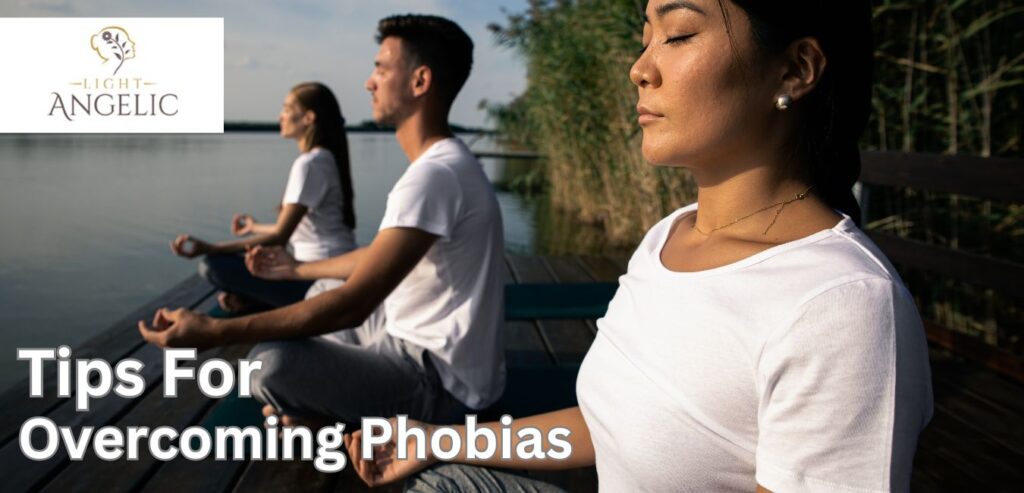
It is essential to face your phobias and work on them so that you can be able to overcome them. But how? Well, we are providing some tips to help you overcome it smoothly. It’s always recommended to get help from professional experts to overcome it.
- Breathe through panic
- Face your fears with helpful hands
- Professional help
- Meditate
- Exercise
- Journal it
- Rationalize your thoughts
- have some sleep
- Proper diet
- Talk to your close ones
How does RTT and Regression therapy help in healing Phobia?
RTT is a therapy that aims to identify and address the underlying causes of phobias. It helps individuals confront their beliefs and deal with past traumas that may have contributed to the development of their Phobia. RTT and regression therapy are the combination of NLP, CBT AND HYPNOSIS which addresses the root cause and allows them to let go from the mind by communicating, commanding, instructing and compelling their beliefs. When a person experiences a phobia, it triggers the fight-or-flight response due to specific thoughts, situations, or unresolved traumas. RTT is designed to soothe this response and initiate a profound change in the individual’s thinking. I specifically combine the package for clients to get holistic support like Reiki, chanting, Sound healing and energy aura cleansing which helps clients to develop safe space within themselves.
By regressions therapy and balancing the chakras to create more positive energy around and within themselves which includes, meditation, crystals healing.
Are you searching for a reputable RTT therapist? Look no further than Light Angelic. Prriti Parmaar, a life coach and mind-healing consultant at Light Angelic, provides the best RTT healing process and knows how to handle it.
Also, she provides numerous healing techniques that are given below:
- Past Life Regression
- New Moon Meditation
- Full Moon Meditation
- Eclipse Meditation
- Chakra Balancing
- Grounded Sea Meditation
- Singing Sound Frequency Healing
- Holistic Mind Healing
- Reiki Balancing Chakras with Physical Pain
- Rapid Transformation Therapy
- Anxiety and Depression therapy
- Relationship Therapy
- Inner childhood therapy
- Healing Vortex
- Yoga



